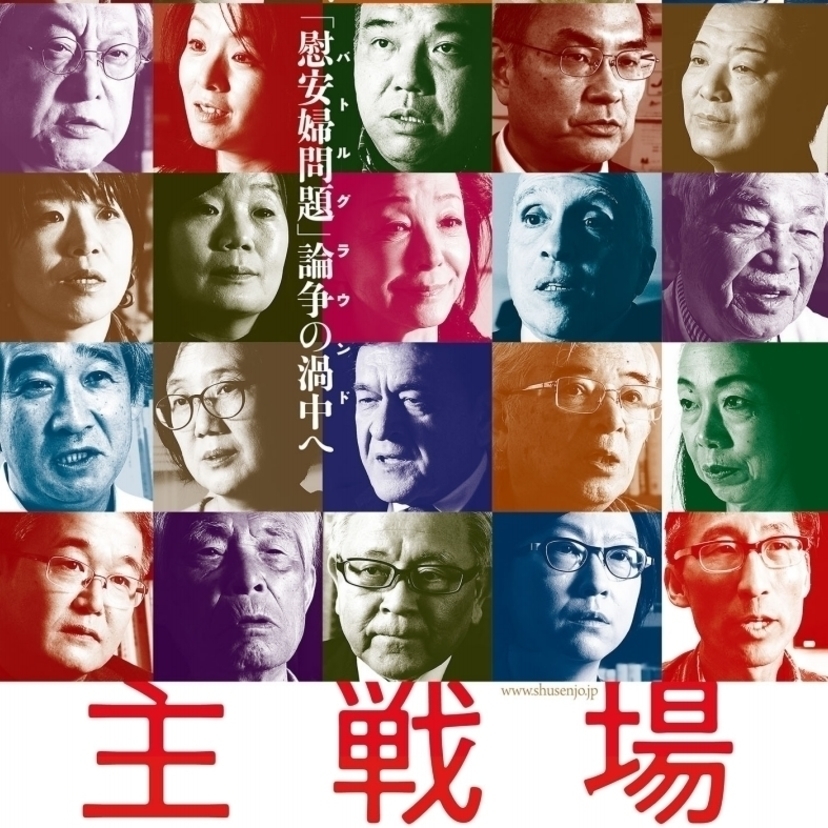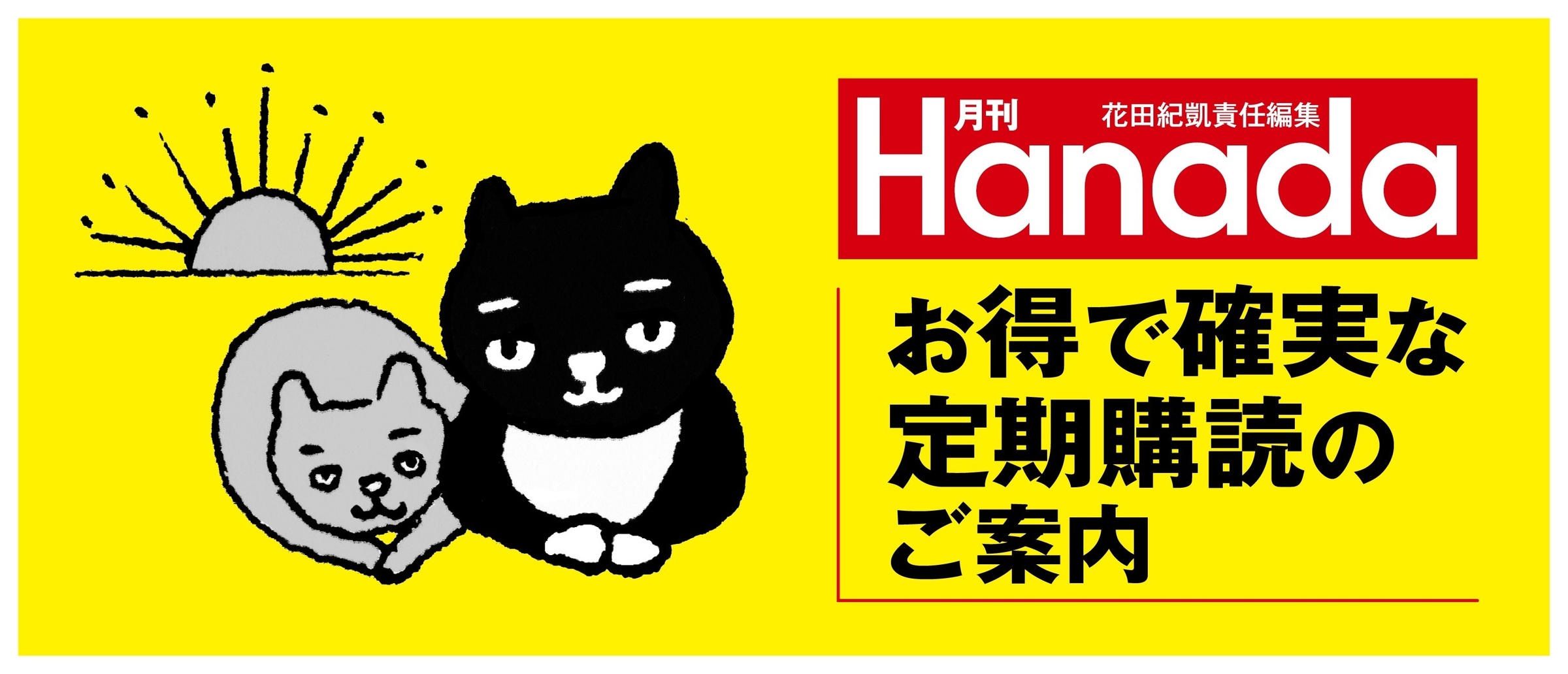It was Takashi Uemura, an Asahi Shimbun reporter, who first wrote about Kim Haksun. But he omitted the important fact that she was sold by her parents to a Kisaeng house.
Uemura’s Korean mother-in-law was once the director of the Association for the Pacific War Victims, which raised money by saying, "If we bring a lawsuit against the Japanese government, we can get compensation." Afterward, some of the members, including herself, were arrested for a fraud.
Shortly thereafter the comfort women issue developed into an international controversy. Japanese and Koreans were shocked, not because there were comfort women, but because of the fabricated story of the Asahi Shimbun that the women were systematically hunted down and some were forcibly dragged out of their houses by the Japanese military. The story said others were tricked in the name of the Women's Volunteer Corps and forced to become comfort women.
Tsutomu Nishioka pointed out in an article published by Bungei Shunju [April edition/1992] that Kim Haksun was sold to a Kisaeng house, not forcibly taken away by the Japanese military.
Nishioka later tried to meet Kim Haksun in Seoul but failed. Instead, he met and interviewed the Korean woman who served as Kim's Japanese interpreter.
The interpreter recollected a conversation where she asked Kim, "Grandma, what made you come forward?" Kim answered, "I was lonely. My relatives and friends never visit me. One day I saw some people who were former recruits on TV in the dining room. They were bringing a lawsuit, so I thought I could, too."
Reading Nishioka's report, the historian Ikuhiko Hata decided to go to Jeju Island to investigate Seiji Yoshida's allegations that he had forcibly recruited Korean women.
First, however, Hata telephoned Ken'ichi Takagi, a lawyer representing Kim, and asked, "I read that Kim was sold by her mother to a Kisaeng house. Is it true?"
The lawyer Takagi answered, saying: "She was a bad shot. The next one will be better." For activists like Takagi the former comfort women were nothing more than tools for their anti-Japan campaign and personal moneymaking.



